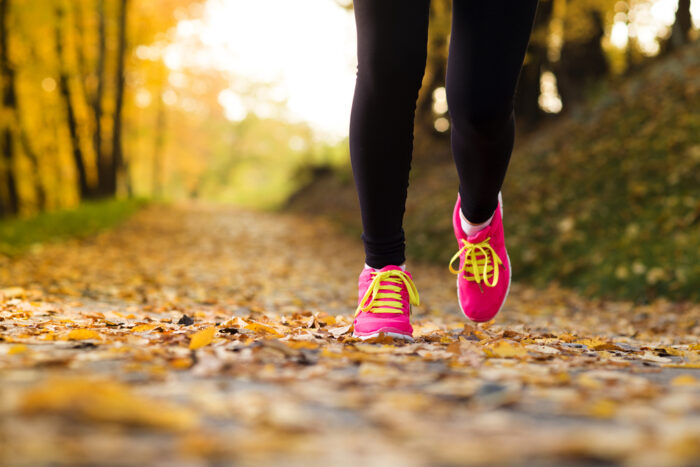Exercise, such as walking, and quitting smoking

If an older person wants to maintain their independence in life, they should pay particular attention to bone health. When a bone is injured or broken, it cannot move. The British newspaper The Guardian has introduced lifestyle habits that help prevent bone fractures (fractures).
Maintaining an adequate weight
Be careful not to dry it too much. People who are small and weigh less generally have less bone mass and are more prone to breaking bones. Maintaining adequate weight can help prevent fractures. However, obesity is also undesirable. This is because if you gain too much weight, it will have a huge impact on your bones when you fall.
Exercise like walking
Weight-bearing exercises, such as walking or running, help keep bones healthy. Take a brisk walk for 10 minutes, three times a day. Once the bones are weak, it is difficult to prevent fractures with exercise. But people who continue to exercise as they age are less likely to fall. If you can avoid falls, you are less likely to break your bones.
△ Tidy up the house
It is difficult for an elderly person with a fall and a broken hip bone to regain independence. That is why it is important to take care of your home so as not to fall. Get rid of slippery carpets, etc. and use handrails on stairs and bathrooms.
Stay away from cigarettes
Smoking affects the cells that make up the bones. If you are still under the age of 30 and are still building bones, you should quit smoking even more. Smokers also have weak bone strength but are also at risk because they are usually dry. There is no protective shield, so if you fall, there is a high probability of fracture.
Hormone therapy
Women are four times more likely to develop osteoporosis than men. After menopause, estrogen levels drop. Hormone therapy can be a way to keep bones strong and prevent fractures. Instead, you need to make quick decisions. This is because once osteoporosis starts, it’s not very effective.
A vitamin D supplement
There is no evidence that calcium supplements reduce the risk of osteoporosis. Rather, there is concern that it can create harmful deposits and cause heart attacks. However, vitamin D supplements are worth considering. For healthy bones, you need 10 µg (micrograms) of vitamin D per day. You can usually get most of your needs from the sun, but if you can’t be outside, it’s a good idea to take a vitamin D supplement.


